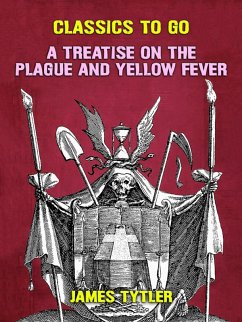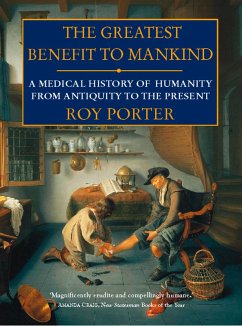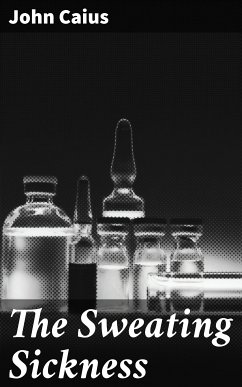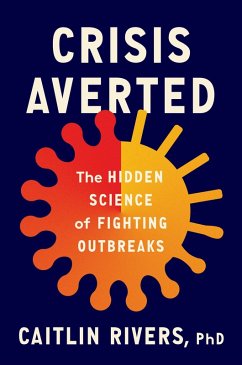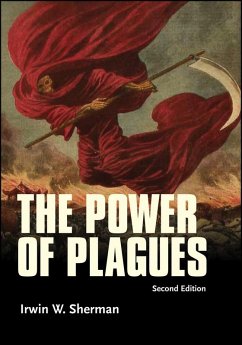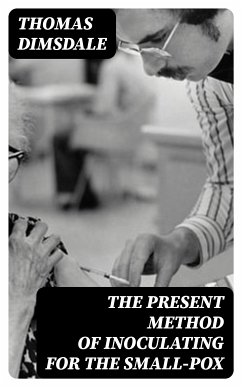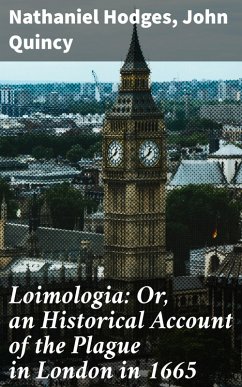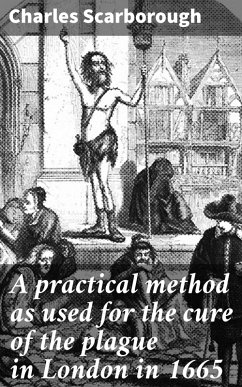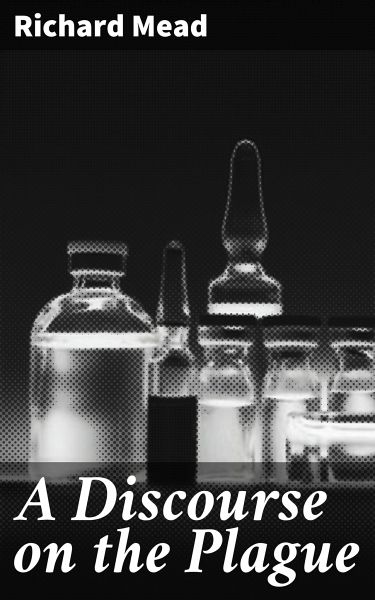
A Discourse on the Plague (eBook, ePUB)
Unveiling the Devastating Impact of the Plague

PAYBACK Punkte
0 °P sammeln!
In "A Discourse on the Plague," Richard Mead provides a meticulous examination of the bubonic plague, interweaving medical analysis with reflections on societal response to epidemics. Written in the early 18th century, Mead'Äôs prose is characterized by its clarity and reasoned argumentation, positioning it within the Enlightenment'Äôs burgeoning interests in empirical observation and public health. The discourse reflects the period's evolving understanding of disease, heavily influenced by classical medical texts and contemporary observations, while also addressing the psychological and s...
In "A Discourse on the Plague," Richard Mead provides a meticulous examination of the bubonic plague, interweaving medical analysis with reflections on societal response to epidemics. Written in the early 18th century, Mead'Äôs prose is characterized by its clarity and reasoned argumentation, positioning it within the Enlightenment'Äôs burgeoning interests in empirical observation and public health. The discourse reflects the period's evolving understanding of disease, heavily influenced by classical medical texts and contemporary observations, while also addressing the psychological and social ramifications of plague outbreaks. Richard Mead, a prominent physician of his time, utilized his extensive medical training and experience with infectious diseases to craft this critical work. His insights were shaped by the tragic realities of the Great Plague of 1665 and the recurring epidemics in London, driving him to advocate for rational public health measures. Mead'Äôs background in both medicine and the natural sciences endowed him with a unique perspective, allowing him to approach the topic with a blend of scientific rigor and humanistic concern. "A Discourse on the Plague" is highly recommended for anyone intrigued by historical medicine, public health policy, or the societal implications of epidemics. Mead'Äôs thoughtful analysis not only enlightens readers on the nature of infectious diseases but also urges us to reflect on our modern responses to health crises. This book remains a significant contribution, inviting contemporary readers to draw parallels between past and present.
Dieser Download kann aus rechtlichen Gründen nur mit Rechnungsadresse in A, B, BG, CY, CZ, D, DK, EW, E, FIN, F, GR, H, IRL, I, LT, L, LR, M, NL, PL, P, R, S, SLO, SK ausgeliefert werden.





